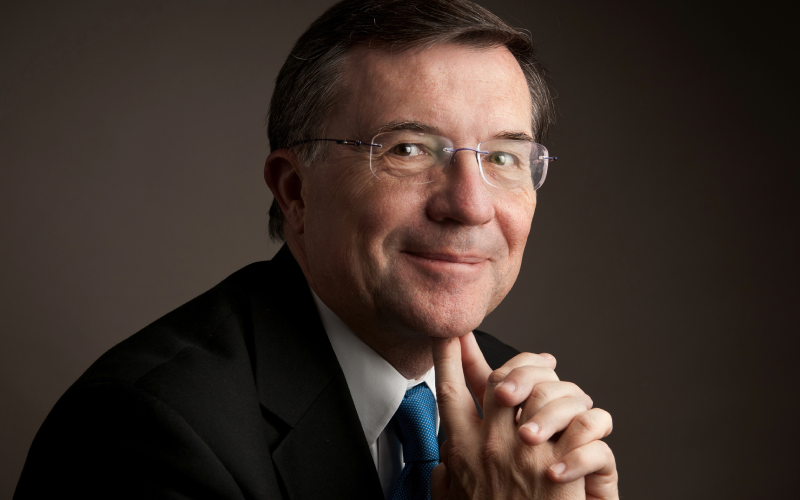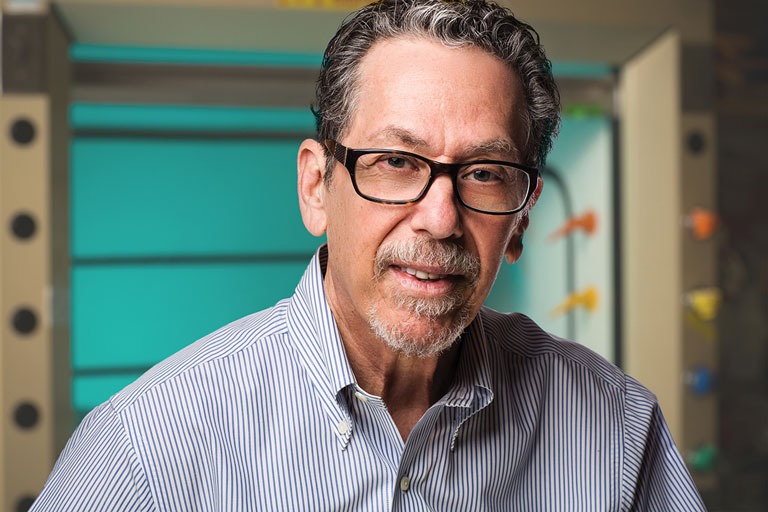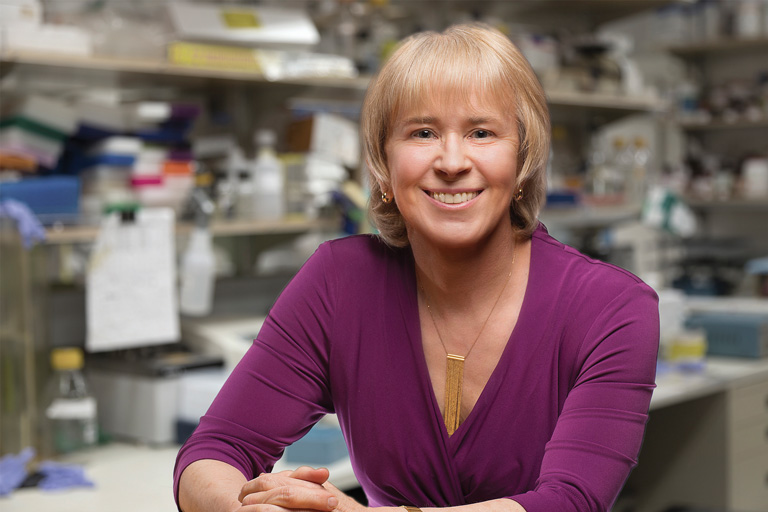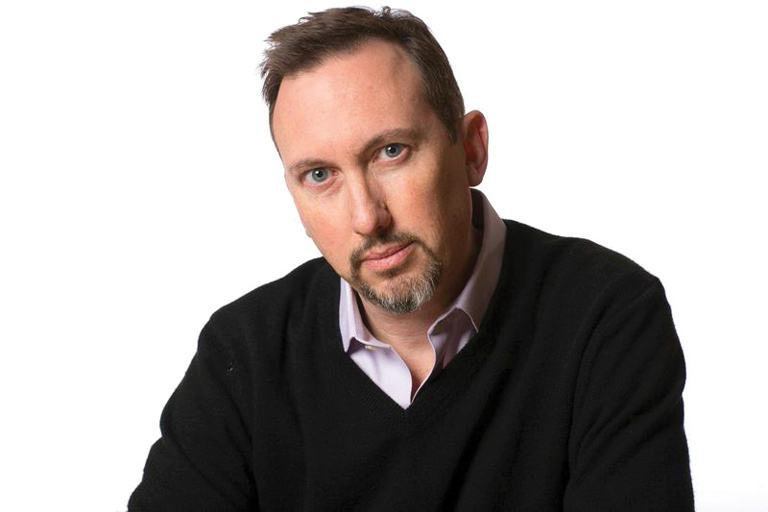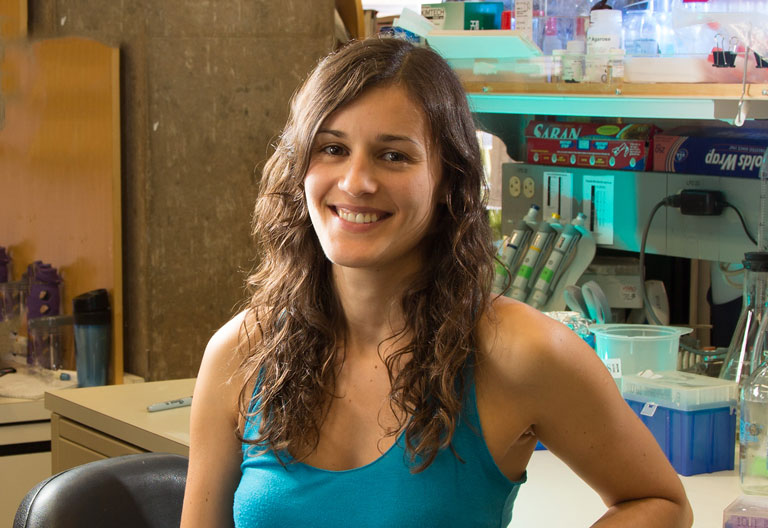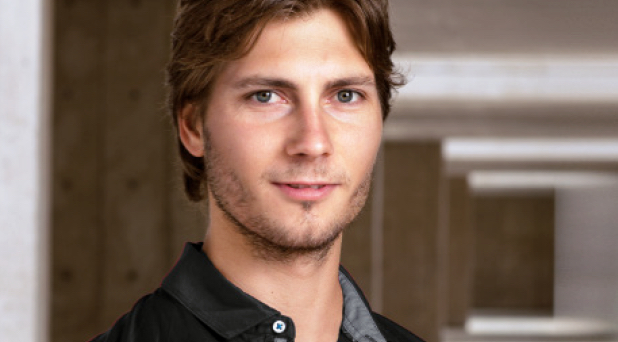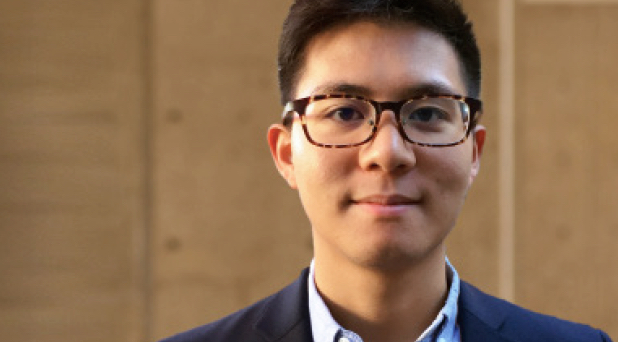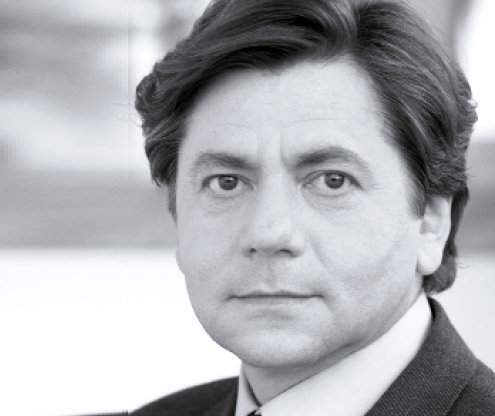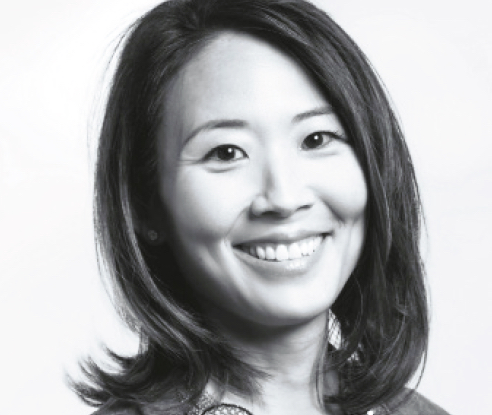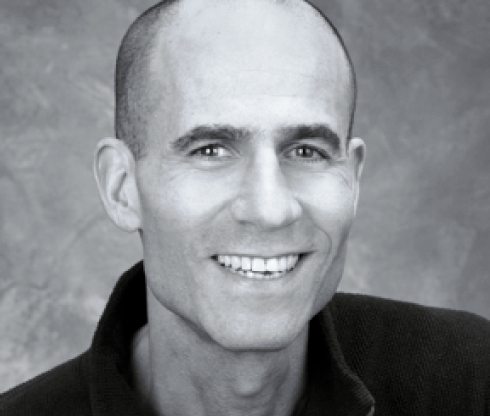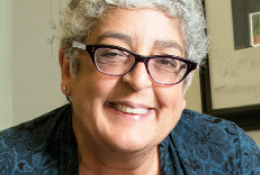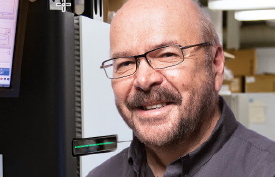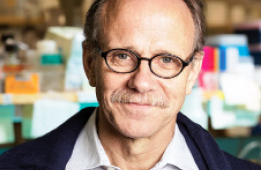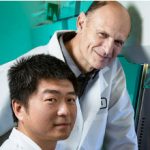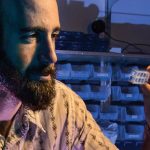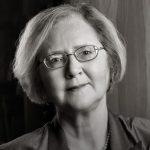Terrence Sejnowski, professor and head of the Computational Neurobiology Laboratory and holder of the Francis Crick Chair, received the coveted Swartz Prize for Theoretical and Computational Neuroscience. Sejnowski, who is also a Howard Hughes Medical Institute investigator, earned the recognition for his role in founding and growing the field of computational neuroscience as well as his efforts to understand the computational resources of the brain. Sejnowski recently uncovered how the loss of a critical receptor in a class of inhibitory neurons may be responsible for neurodevelopmental disorders and generated a new estimate for memory capacity in the brain.
Terrence Sejnowski Receives Coveted Neuroscience Prize
